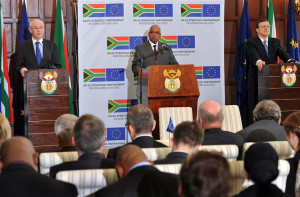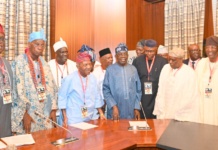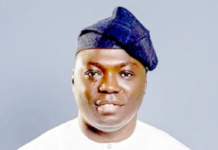The 6th South Africa-European Union Summit ended in Pretoria last week with the leaders of both parties stating that joint programmes in education and training will be necessary to address the shared problem of unemployment.
Amongst the other key issues under discussion were energy, trade, and concerns over political and human rights issues in parts of Africa, chiefly the upcoming elections in Zimbabwe.
In a joint statement issued after the summit, South African President Jacob Zuma, EU Commission President José Manuel Barroso and European Council President Herman Van Rompuy said education and training were the key factors towards attaining job creation and economic growth.
“We will continue high level discussions on addressing the shared challenges of youth employment, as well as the way which skills and training can contribute to South Africa’s infrastructure expansion,” read the official communiqué.
“Under the EU financed development programme, approximately R650 million – €50 million [£43 million] – remains available to support job creation initiatives.”
The summit’s declared central theme was “Job Creation through Inward Investment.” Zuma said South Africa continued to face the challenges of unequal wealth and resource distribution, inequality, unemployment and deeply entrenched poverty.
“We are of the firm view that given these realities, the EU should continue its development programmes in South Africa, complementing as they do the work of government within a developmental framework,” said Zuma.
Barroso said the EU was itself still working on the problem of youth unemployment. He said the two sides could benefit through co-operating on the issue.
“I would even say that Europe is South Africa’s natural partner to do it. South Africa is now an emerging economy with different types of needs, so we must adapt our cooperation accordingly,” said Barroso, formerly the Prime Minister of Portugal.
“But certainly, we want to keep development cooperation with South Africa. This is why I have proposed to focus our future cooperation on job creation, education, skills and innovation and capacity development.”
The summit also saw South Africa and the European Atomic Energy Community sign an agreement of cooperation on the use of nuclear energy.
It was claimed that the agreement will see an intensified roll out of rural electrification, with an initial target of 300,000 households in the remote areas of South Africa.
Leaders at the summit also looked at the trade deficit and agreed to encourage growth by remaining committed to “open and transparent” trade rules.
One area of contention was the issue of fruit produce infected by Citrus Black Spot being exported by South Africa into the EU.
Barroso said negotiations were ongoing on the issue and claimed he was confident that a mutually beneficial agreement might soon be reached.
South Africa are concerned that the “upgraded surveillance” over the quality of imports might affect the country’s citrus industry, which exports around 100 million cartons to 45 countries. There are fears this might also lead to job losses: the industry currently employs as many as 80,000 workers.
Under discussion also was the October 2014 deadline imposed by the EU for the conclusion of the Economic Partnership Agreement (EPA) with the Southern African Development Community (SADC) countries. The EPA gives the SADC countries “preferential market access” for their agricultural products.
“We agreed that the negotiations should conclude shortly,” read the communiqué. “We reaffirmed the importance of reaching an agreement that is mutually beneficial, enhances growth and generates jobs, and supports development and integration in Southern Africa.”
Also on the agenda were the ongoing political and human rights issues in Syria, Egypt, Madagascar and most urgently Zimbabwe, where presidential elections are set to take place on July 31.
Van Rompuy said the EU supported the efforts by the SADC to broker an agreement between the parties in Zimbabwe. He said the EU will respond to the outcome of the elections after assessing how peacefully, fairly and transparently they were conducted.
“We look forward to normalisation of relations and deepening out partnerships with Zimbabwe,” he added.
Overall, the leaders said that relations between the South Africa and the European Union were “at a mature stage.”
“Our strategic partnership with South Africa is […] an integral part of our special relationship with the African continent,” declared Barroso.










